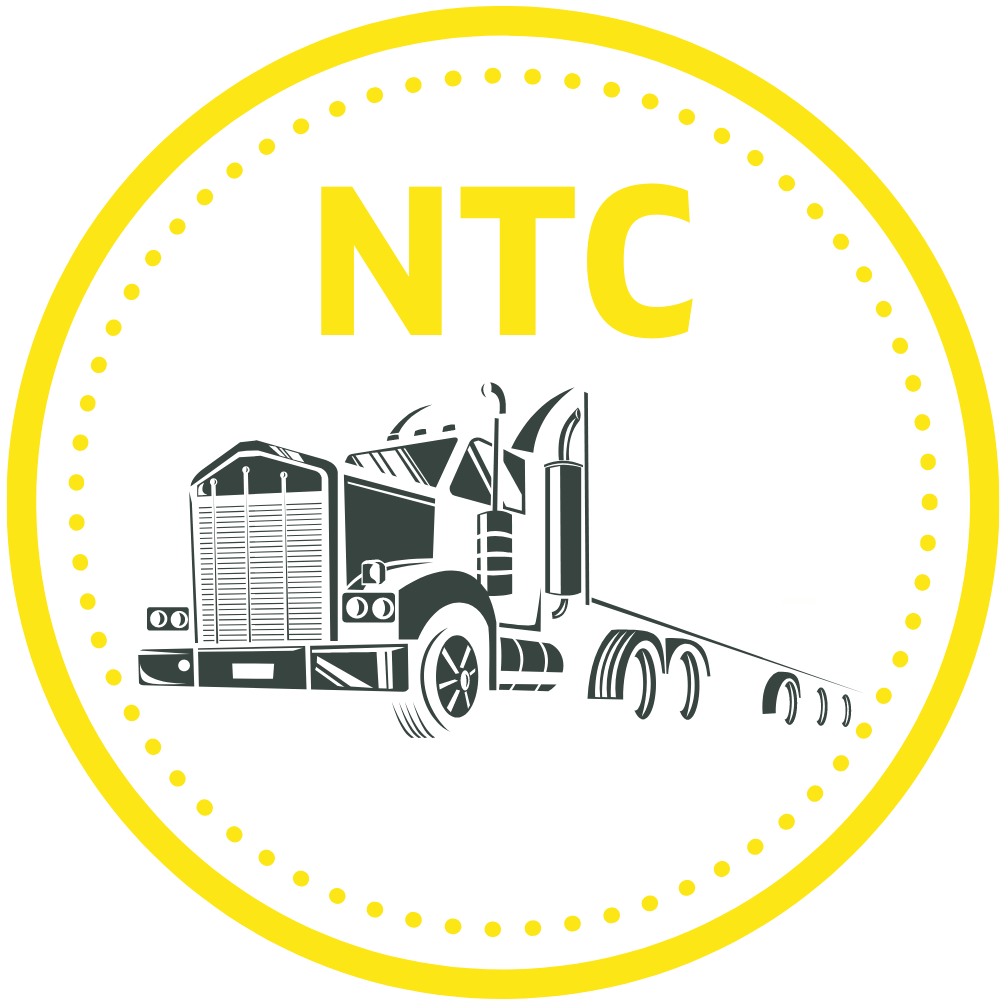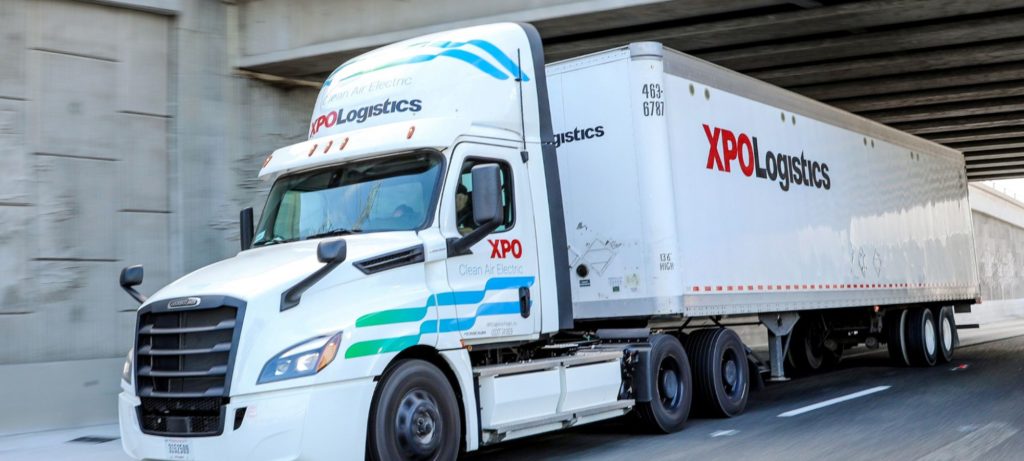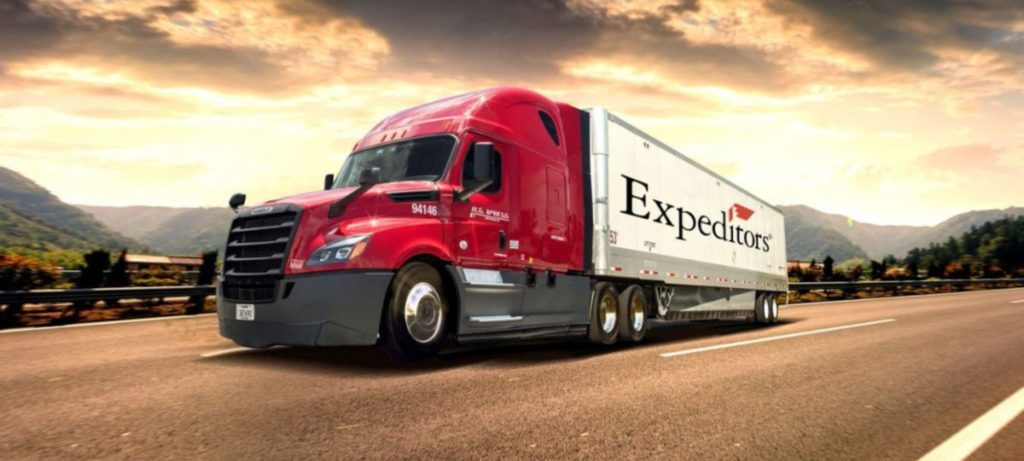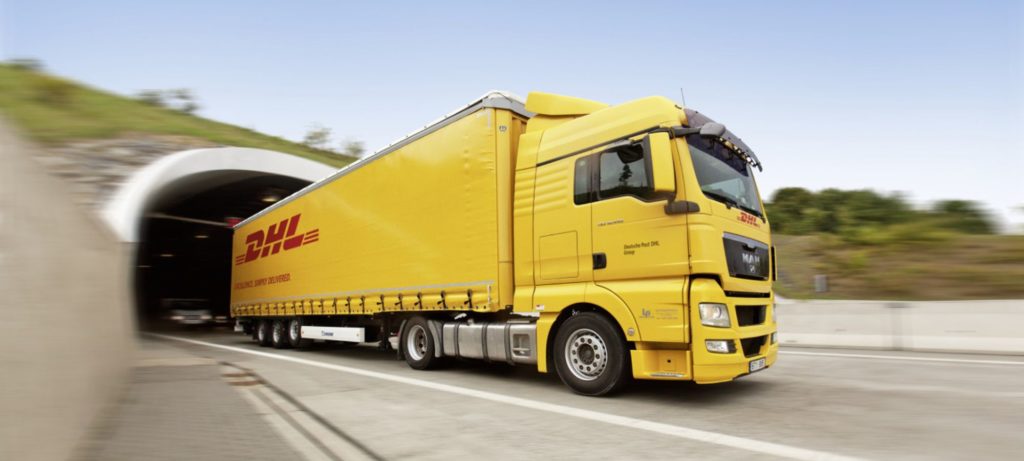Universal Logistics is a leading transportation and logistics company that provides freight shipping services across North America. The company was founded in the United States in the early 2000s and has since grown to become a significant player in the transportation industry. With a focus on providing high-quality service and innovative logistics solutions, the Universal Logistics fleet has established itself as a reliable partner for companies of all sizes and industries.
As of 2022, Universal Logistics employed over 10,000 people across its network of locations, which span from coast to coast in the United States and Canada. The company’s success has been built on a commitment to meeting the needs of its customers and providing them with the resources and capacity options they need to succeed in today’s fast-paced business environment.
Does Universal Logistics Own Its Own Fleet?
Universal Logistics owns a portion of its own fleet of vehicles, which includes a mix of tractor trailers, semi-trucks, vans, and other types of trucks that are essential to its operations. While some of these vehicles are owned outright by the company, others are contracted through partnerships with smaller fleets or individual truckers who own their own vehicles. This flexible business model allows Universal Logistics to quickly respond to changing market conditions and meet the needs of its customers as they evolve over time.
In terms of fleet size, Universal Logistics operates a fleet of over 1,000 vehicles, which are maintained to meet the highest standards of safety and reliability. The company has strict company policies in place to ensure that its vehicles are kept in good condition and that its employees are trained to operate them safely and efficiently.
In terms of employee training, Universal Logistics places a strong emphasis on safety. All of its employees receive regular safety training, with a focus on the specific types of vehicles they operate and the regulations that govern their use on the road. This includes training on federal regulations, company policy, and carrier safety, as well as practical instruction on the safe operation of vehicles and the identification and mitigation of safety hazards.
Types of Vehicles In Fleet
In terms of the types of vehicles used by Universal Logistics, the company operates a mix of different types of trucks to meet the needs of its customers. Some of the most common types of vehicles used by Universal Logistics include:
- Tractor trailers: These vehicles are the backbone of Universal Logistics’ fleet, and are used for long-haul freight shipping services. With large capacity options and a range of specialized features, tractor trailers are ideal for transporting a variety of goods over long distances.
- Semi-trucks: Semi-trucks are another type of vehicle used by Universal Logistics, and are ideal for medium-haul shipping services that require the speed and agility of a smaller vehicle, but with the capacity of a tractor trailer.
- Vans: Vans are used by Universal Logistics for short-haul and local deliveries, and are typically used for smaller shipments that require a more maneuverable vehicle.
While Universal Logistics takes great care to ensure the safety of its employees and customers, accidents can and do occur. In recent years, there have been a number of high-profile accidents involving Universal Logistics vehicles, many of which were caused by safety failures on the part of the company or its employees. Some of the most notable examples of these accidents include:
- A tractor trailer operated by Universal Logistics overturned on a busy highway, causing multiple injuries and fatalities. The accident was later determined to have been caused by a combination of excessive speed, poor road conditions, and improper maintenance of the vehicle.
- A semi-truck operated by Universal Logistics was involved in a collision with another vehicle, resulting in serious injuries and fatalities. The accident was later determined to have been caused by driver fatigue and a failure to follow federal regulations and company safety policies.
- A van operated by Universal Logistics was involved in a collision with a passenger vehicle, causing significant damage and injuries to both vehicles. The accident was later determined to have been caused by a failure to properly inspect and maintain the van, which had a known brake issue.
- A tractor trailer operated by Universal Logistics was involved in a collision with another vehicle, causing serious injuries and fatalities. The accident was later determined to have been caused by a failure to properly secure the load on the trailer, which caused the vehicle to become unstable and lose control.
- A semi-truck operated by Universal Logistics was involved in a collision with another vehicle, causing significant damage and injuries. The accident was later determined to have been caused by a failure to properly train the driver, who was not familiar with the route and failed to properly navigate a sharp turn.
- It is important to note that not all accidents involving Universal Logistics vehicles are the result of company or employee negligence. However, these examples serve to highlight the need for constant vigilance and attention to safety in the transportation industry, and the importance of retaining an experienced truck accident lawyer if you are involved in an accident with a Universal Logistics vehicle.
Age of The Universal Logistics Fleet
In terms of the age of its fleet, Universal Logistics operates a mix of both new and older vehicles, with a focus on maintaining its fleet to the highest standards of safety and reliability. The company regularly replaces older vehicles with newer models, and invests heavily in preventative maintenance and safety inspections to minimize the risk of accidents and keep its vehicles in top condition.
Finally, it is worth noting that Universal Logistics operates in compliance with all federal regulations and standards, and takes great care to minimize its impact on the roads and surrounding environment. The company regularly assesses its operations and implements changes to reduce its carbon footprint and minimize any potential safety hazards to other drivers.
Universal Logistics is a leading transportation and logistics company that provides a range of freight shipping services across North America. With a focus on providing high-quality service and innovative logistics solutions, Universal Logistics is a trusted partner for companies of all sizes and industries.
What If You Are Injured In A Universal Logistics Accident?
Despite its commitment to safety, accidents involving its vehicles do occur, and it is important to retain an experienced truck accident lawyer if you are involved in an accident with a Universal Logistics vehicle. Whether you are a business looking to partner with a logistics provider, or an individual seeking legal assistance, Universal Logistics is a company worth considering for all your transportation needs.
In order to protect their rights and ensure that they receive fair compensation, anyone injured in an accident involving a Universal Logistics vehicle is encouraged to retain the services of an experienced truck accident lawyer. An attorney can help you navigate the complex legal and insurance processes involved in a truck accident case, and can work to secure the maximum compensation for your injuries and damages.
In addition to protecting your rights and securing compensation, retaining an attorney can also help you understand the role that company policies and procedures may have played in causing the accident. An experienced truck accident lawyer will have the knowledge and resources to thoroughly investigate the accident and determine the root cause, whether it be a failure to properly maintain the vehicle, train the driver, or adhere to federal regulations.
It is also important to understand the importance of acting quickly in a truck accident case. The statute of limitations for filing a lawsuit varies by state, and the sooner you retain an attorney, the more time they will have to build a strong case on your behalf.




